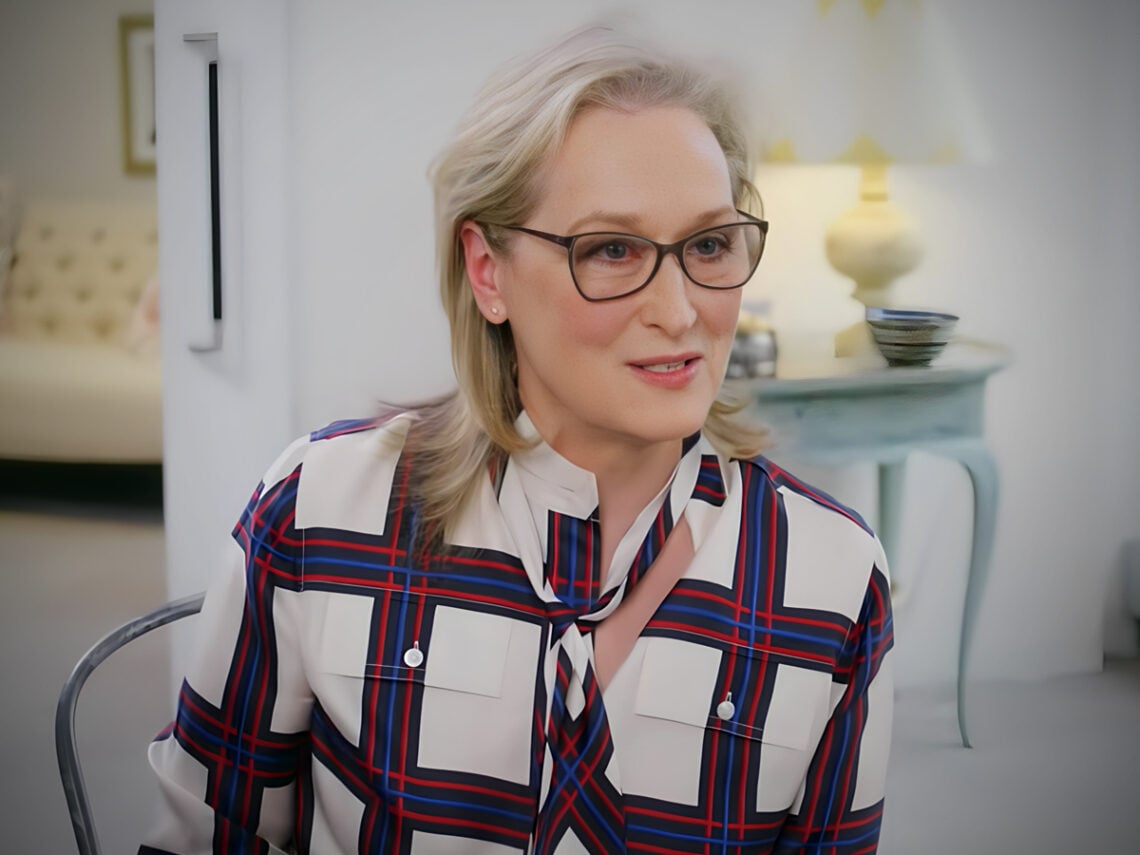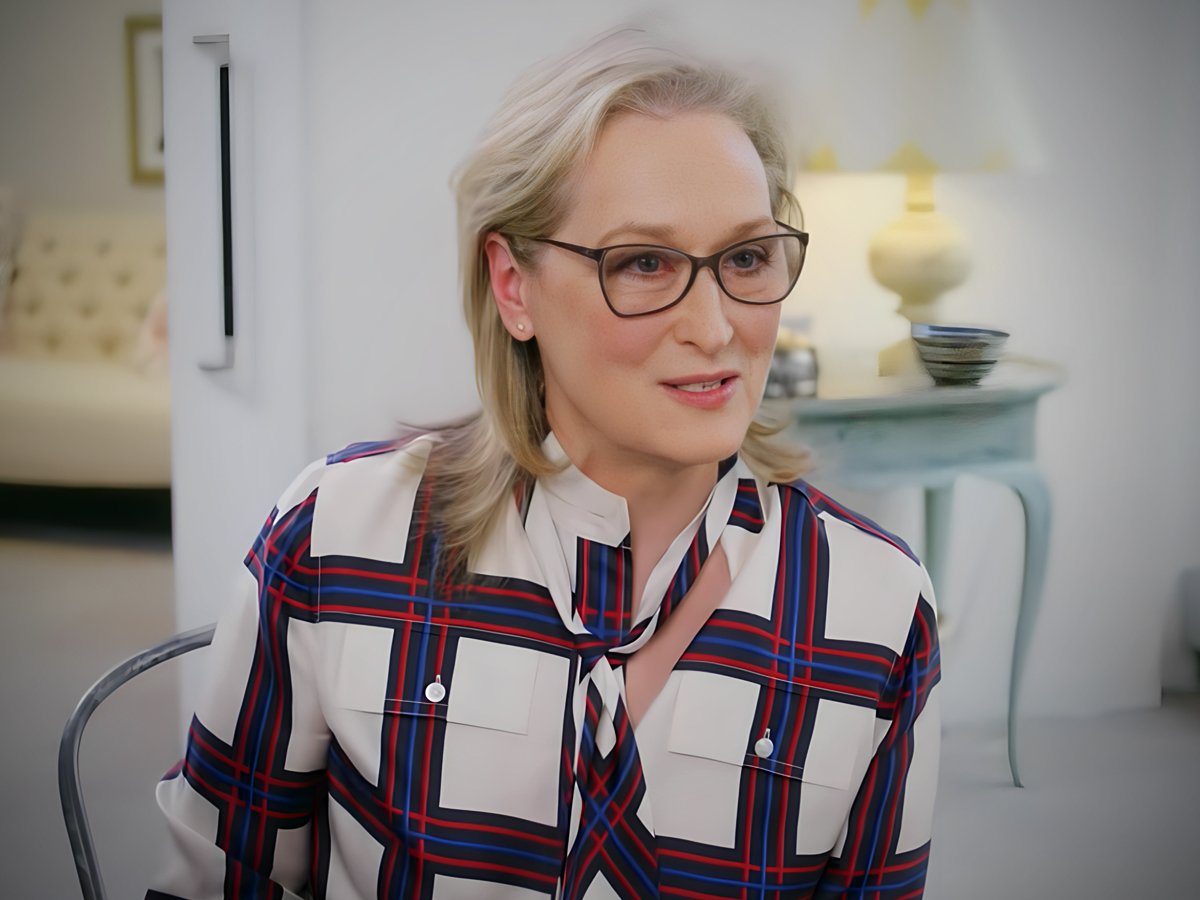
(Credits: Far Out / YouTube Still)
Tue 2 September 2025 3:30, UK
The story of rejected Hollywood superstars is a well-told, and sometimes exhausted one.
Certain actors like to embellish stories that all the odds were stacked against them and therefore cultivate this underdog narrative. When archetypal figures of Hollywood fame tell these stories, I often roll my eyes. But Meryl Streep isn’t such a figure. She is an artist in the truest sense.
An artist who extends beyond the realms of big screen vanity and one who was therefore subjected to tales of constant rejection, I ordinarily question, I have no doubting that the bureaucracy of movie making has overlooked the genuine talents of Streep more than once.
Before she became a three-time Oscar winner and the record holder for the most acting nominations at the Academy Awards, she was a humble, misunderstood artist who was subjected to the misogyny of Hollywood.
In fact, in 1976, the actor was deemed “too ugly” by producer Dino De Laurentiis to play the role of Dwan in King Kong. An outrageously harrowing representation of just how warped the outlooks of studio executives were during those days, prioritising conventional beauty standards over any artistic nuance.
Streep had to fight tooth and nail to simply be given a seat at the table, let alone roles that would allow her to not only achieve success, but simply earn a living. It’s in those desperate chapters of an artist’s career that they are faced with multiple opportunities to compromise.
Adhering to their own principles becomes increasingly difficult when the men who control the system will only facilitate the opportunity to sustain themselves so long as they are obedient. But Streep didn’t become the modern pillar of artistic standards by consistently cowering to demands in exchange for success; no, even in the early stages of her career, she was as principled as ever.
In 1989, Streep stepped down from the Oscar-winning film Evita, eventually released in 1996, after her contribution to the production was wildly undervalued. She was outrightly shown how much more her male counterparts were valued and instead of swallowing it in exchange for Oscar glory, she removed herself altogether.
“Originally, they were complaining that they just simply didn’t have the money,” explained Streep, “I wanted to do the part so badly that I went to the altar and accepted a salary cut. Then Carolco came in and I said I would like to be paid what I usually get paid, and suddenly the money was there.”
The picture was black and white for Streep, and her principles stepped in to make the right decision. She said, “I actually got insulted that the money they were saying they didn’t have for a year and a half was suddenly available. I can work very, very hard, but not when I feel I’m being lied to, or that I mistrust the circumstances.”
Madonna eventually went on to bag the role, and Streep continued to harbour some regret. But not regret over her decision, regret that she was in the midst of such a structurally warped industry that took a great project away from her.
Related Topics

